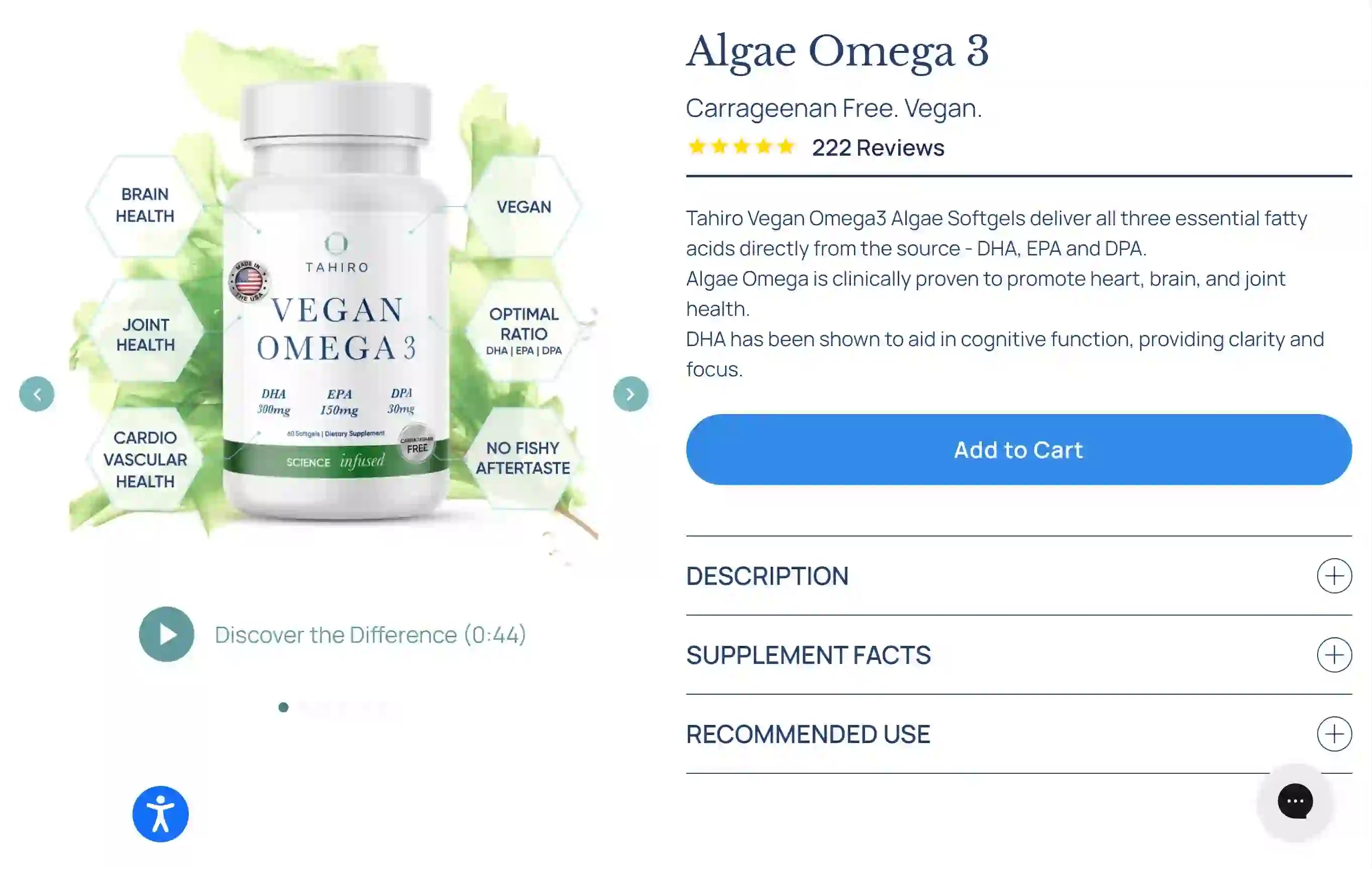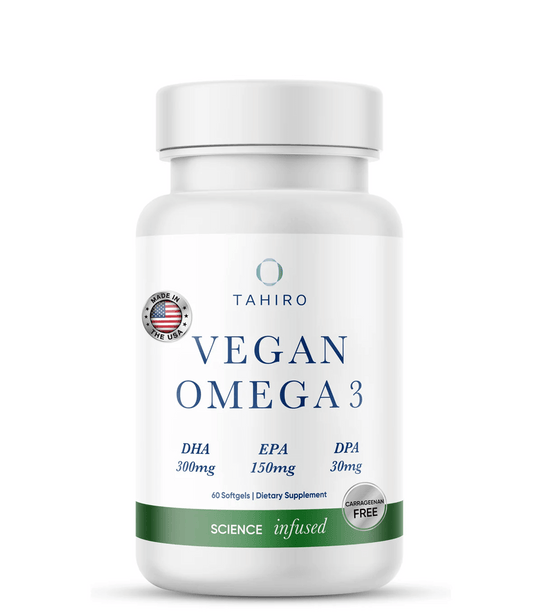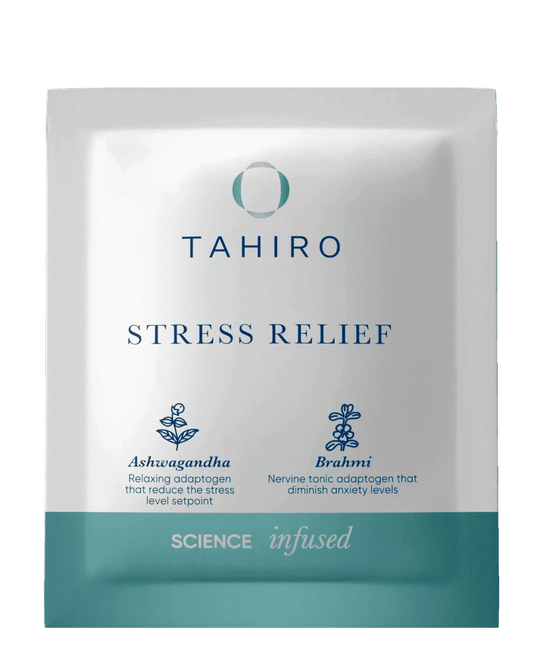When you experience a sudden boost of happiness and contentment, it's very likely associated with a surge of serotonin levels in your brain. Serotonin is a neurotransmitter that plays a crucial role in regulating mood, sleep, appetite, and social behavior. While there are medications available that target serotonin, there has been increasing interest in the potential of natural alternatives such as omega-3 fatty acids. So, does omega-3 really increase serotonin levels? Let's dive into the research and find out.
Mechanisms of Serotonin Production and Regulation in the Brain
Serotonin is produced in the brain through a series of steps that involve the amino acid tryptophan, which is obtained from the diet. Tryptophan is converted to 5-HTP, which is then converted to serotonin. The production and regulation of serotonin are influenced by various factors such as stress, diet, and genetics. Imbalances in serotonin levels have been linked to several mood disorders, including depression and anxiety.
Exploring the Link Between Omega-3 Supplementation and Serotonin Enhancement.
Omega-3 fatty acids are a type of polyunsaturated fat that are essential for brain function and have been linked to various health benefits. One of the potential benefits of omega-3 supplementation is its effect on mood. Studies have shown that omega-3 supplementation may improve mood and decrease anxiety[1].
A study published in the Journal of Affective Disorders found that omega-3 supplementation was associated with significant improvements in depression scores in patients with major depressive disorder [2]. Another study published in the American Journal of Psychiatry found that omega-3 supplementation was as effective as an antidepressant medication in treating depression [3].
It's important to note that the source of omega-3s matters. While fish oil supplements are commonly used as a source of omega-3s, they can be contaminated with toxins such as mercury and PCBs. Algae-based omega-3 supplements are a vegan-friendly and sustainable alternative that avoids these contaminants.
Overall, omega-3 supplementation has shown promise in enhancing serotonin levels in the brain, which may have therapeutic implications for mood disorders. Algae-based omega-3 supplements are a safe and sustainable option for those looking to incorporate omega-3s into their diet.
Mechanisms by which omega-3 may increase serotonin levels (step by step)
Omega-3 fatty acids have been the subject of numerous studies exploring their potential benefits for mental health. One area of particular interest is their relationship with serotonin, a neurotransmitter that plays a crucial role in mood regulation. Research suggests that omega-3 supplementation may increase serotonin levels in the brain, which could have therapeutic implications for mood disorders such as depression and anxiety. But how exactly does this process work? Here are the step-by-step mechanisms by which omega-3 may increase serotonin levels in the brain:
Omega-3 fatty acids are a crucial component of cell membranes in the brain, which play a vital role in the communication between neurons.
This communication is critical for the regulation of serotonin levels.
Omega-3 fatty acids may increase the expression of genes involved in the production and transport of serotonin, leading to higher levels of the neurotransmitter.
Omega-3 fatty acids may also increase the release of serotonin from presynaptic neurons, which can help regulate mood and emotional behavior.
Omega-3 fatty acids can modulate inflammation and oxidative stress in the brain, which are known to contribute to the development of mood disorders.
All of these potential mechanisms suggest that omega-3 supplementation may be an effective way to increase serotonin levels and potentially alleviate symptoms of depression and anxiety.
Clinical Studies Related to Omega-3 & Serotonin Release
Several clinical studies have investigated the relationship between omega-3 fatty acids and serotonin release. Serotonin is a neurotransmitter that regulates mood, appetite, and sleep, among other physiological functions. Omega-3 fatty acids, particularly eicosapentaenoic acid (EPA) and docosahexaenoic acid (DHA), appear to increase serotonin activity in the brain.
A study involving patients with major depressive disorder found that omega-3 supplementation led to a reduction in depressive symptoms and an increase in serotonin levels in the prefrontal cortex. These findings suggest that omega-3 fatty acids may have a potential therapeutic effect on disorders related to serotonin deficiency.[4] [5]
The Potential of Omega-3 Supplementation in Enhancing Serotonin Function and Alleviating Depressive Symptoms
Clinical studies have indicated that omega-3 fatty acid supplementation may help alleviate depressive symptoms in patients with major depressive disorder, potentially by enhancing serotonin function. Several trials have found that omega-3 supplementation results in a significant reduction in depressive symptoms after a few weeks of treatment [6]. It has been suggested that this beneficial effect of omega-3 fatty acids on depression may be due to their ability to enhance serotonin function in the brain. Thus, omega-3 fatty acids may be a promising therapeutic option for the treatment of depression.
Vitamins Combination with Omega 3 to Treat Serotonin
Several vitamins have been suggested to enhance the effects of omega-3 fatty acids on serotonin function and mood regulation (7).
Here are some key points to consider:
Vitamin D: Vitamin D deficiency has been linked to depression and other mood disorders. Clinical studies have suggested that combining vitamin D with omega-3 fatty acids may have a synergistic effect on improving mood and reducing depressive symptoms.
Vitamin B12 and Folate: Both vitamin B12 and folate play important roles in the synthesis of neurotransmitters, including serotonin. Supplementation with vitamin B12 and folate in combination with omega-3 fatty acids may be particularly beneficial for individuals with low levels of these vitamins.
Vitamin E: Vitamin E is a powerful antioxidant that may help protect against oxidative stress, which has been implicated in the development of depression. Combining vitamin E with omega-3 fatty acids may enhance their neuroprotective effects and improve mood regulation.







